Some people might think that a Shakespearean comedy is a strange choice for the director of The Avengers and creator of Buffy the Vampire Slayer to take on. Back when Joss Whedon was working on Buffy and Angel, he used to organize readings at his house. Cast members would come over and read plays, mostly Shakespeare. Sounds like fun doesn’t it? This spawned an idea for Joss – something that would become a passion project for him.
Following the filming wrap for The Avengers, his contract forced him to take a break. His wife, Kai Cole, suggested to him that it was now the perfect time to make the film he had always wanted to. And why not? This is how we came to have Joss Whedon’s version of Much Ado About Nothing (my favourite Shakespeare play).
Whedon funded this project himself, using actors familiar to fans of the Joss Whedon cannon, and filmed in his own house (and wow, does he have an amazing house!). The film is a fairly faithful representation of the text (it diverges occasionally, for instance, leaving out the character of Antonio), but it is set in modern times. Some of this modern translation works better than others, but on the whole, the film is thoroughly enjoyable. There were a lot of laughs in the cinema and I found myself watching with a goofy grin on my face.
Plot
This will contain spoilers… or will it? Is it possible to still have spoilers for a Shakespeare play? As one of the comedies, you already know (going in) that everything will work out – people will get married and live happily ever after. Or something to that effect.
The story takes place in the home of Leonato (governor of Messina in the original play, played by Clark Gregg of Agent Coulson fame). Home from the war, Prince Don Pedro (Reed Diamond) and his men enjoy Leonato’s hospitality. They bring with them the wicked Don John (Don Pedro’s brother – played by Sean Maher) and his followers. Young Claudio (Fran Kranz) has made a name for himself in the war and is now one of Don Pedro’s faithful companions. He instantly falls for Leonato’s daughter, Hero. Don Pedro vows to help him win Hero’s love – and does so in a most elaborate and (by today’s standards) ridiculous plan.
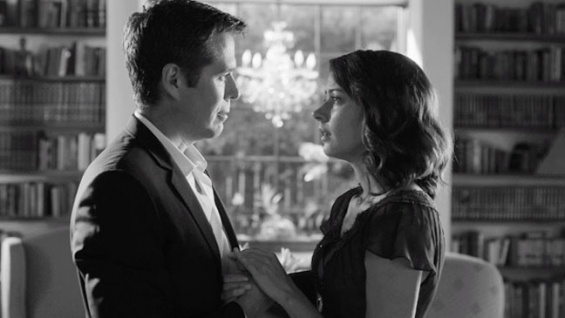 Don John wishes to cause mischief – as every good villain wishes to do – and sets out to pit Claudio and Don Pedro against each other. Believing that Don Pedro has wooed Hero for himself, an angry Claudio mopes about the house. But alas, the truth comes out and the wedding is planned. Don John must come up with a new plan to ruin the gaiety of those around him.
Don John wishes to cause mischief – as every good villain wishes to do – and sets out to pit Claudio and Don Pedro against each other. Believing that Don Pedro has wooed Hero for himself, an angry Claudio mopes about the house. But alas, the truth comes out and the wedding is planned. Don John must come up with a new plan to ruin the gaiety of those around him.
In the meantime, friends have decided to make Benedick (Alexis Denisof) and Beatrice (Amy Acker) fall in love. They are each other’s favourite sparring partners, both of whom renounce love and marriage from the outset. Most of the heart of this play is in the relationship of Benedick and Beatrice, and the two leads in Whedon’s version do an admirable job.
Don John arranges for the Prince and Claudio to see ‘Hero’ making love to another man. At the wedding, Claudio refuses to marry Hero on account of her unfaithfulness (and not being a ‘maid’). In any ordinary situation, this might be the end of it, but this is a Shakespearean comedy! They fake Hero’s death – the ultimate guilt trip. Beatrice makes Benedick promise to kill Claudio now that she has won his love. Then come the wonderful comic characters of Dogberry and Verges (Nathan Fillion and Tom Lenk). They have caught Don John’s friends Borachio and Conrade (a woman in Whedon’s version, Riki Lindhome), who admit to their slander. Claudio vows to do all he can to make up for his wrongdoing.
Fear not, everything is not lost. Claudio marries Hero after all, followed by Benedick and Beatrice (verbally sparring to the last). ‘Get thee a wife!’
Joss Whedon’s interpretation
First off, the look of this film really works. I did wonder why he filmed it in black and white – and I still don’t have the answer to that – but I can say it looks good. It helps create a certain kind of mood – where the film is brought into a contemporary setting but it is kept general through the look and feel of the film. The trailer featured jazz music and the black and white captured the ‘jazzy’ feel of the entire film. The only complaint I have with the music is there wasn’t enough jazz! The soundtrack is composed by Joss Whedon (that’s right kids, he writes, directs, produces, acts, and composes music!), with two songs featuring his brother Jed and Jed’s wife Maurissa.
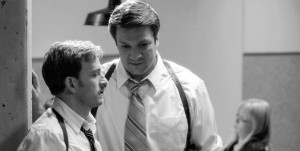 I think the biggest problem for me was that some of the characters didn’t make sense when they were brought into contemporary times. For instance, is Don Pedro still the Prince of Arragon and Leonato still Mayor of Messina? Don Pedro is referred to as the Prince still, but there is no sense given to how that fits in with the setting. Of course, this does come down in part to Whedon being faithful to the play, but it doesn’t hold up quite so well when transported to modern times. However, ‘the war’ could easily be Iraq or Afghanistan, and therefore does feel particularly relevant.
I think the biggest problem for me was that some of the characters didn’t make sense when they were brought into contemporary times. For instance, is Don Pedro still the Prince of Arragon and Leonato still Mayor of Messina? Don Pedro is referred to as the Prince still, but there is no sense given to how that fits in with the setting. Of course, this does come down in part to Whedon being faithful to the play, but it doesn’t hold up quite so well when transported to modern times. However, ‘the war’ could easily be Iraq or Afghanistan, and therefore does feel particularly relevant.
A special mention should go to Fran Kranz. He is brilliant in everything I have ever seen him in and I really hope we get to see more of him. Won’t another director other than Whedon work out how much talent this kid has?! We have mostly seen him give comic performances – something that he has a real gift for. But it was great to see him give a serious performance and get a load of yet more of his great acting chops. This kid really should go places; he’s brilliant.
Unfortunately, I think Sean Maher let the side down a bit. He just wasn’t as charismatic as Don John should be, which was sad. Unfortunately his performance was just a little bit too Simon Tam (Firefly), which really doesn’t work for Don John. Meanwhile, fellow Firefly alum Nathan Fillion was fantastic as Dogberry. But Fillion has always excelled at playing goofy, silly characters (just go back and watch Two Guys and a Girl for proof). And I think it probably goes without saying… Clark Gregg stole every scene he was in.
Is another version of this film really needed?
I have read a lot of articles about this film where they have argued that a new version isn’t ‘needed’. I find this a very strange way of looking at this film. This is Shakespeare. There are new versions of Shakespeare plays all the time – and if we think about the theatre circuit it is worse. They are constantly producing all of his plays, are all these new performances necessary? Plays are meant to be interpreted and presented in new ways – they are transient in many ways, though the text remains the same.
For me, the questions shouldn’t be ‘is this version needed’ but ‘why has it been interpreted this way?’ Even a very faithful telling of the play, such as Kenneth Branagh’s 1993 version interprets it differently to another faithful rendition. This is the beauty of plays. Sure, you might think, ‘hasn’t this been done to death already?’ I don’t think that is the case with Much Ado. But why oh why is there another version of Romeo and Juliet? But that’s another issue.
It was difficult for me to watch Whedon’s version without actively comparing it to Branagh’s version (which I admit I have watched far too many times). I would think to myself things like, ‘ah, Reed Diamond is Denzel Washington’ and ‘the funeral scene looks quite similar to the Branagh version.’ I think it is an unavoidable comparison to make, despite the settings being so thoroughly different. Unfortunately for my general Joss Whedon idolizing self, I think I still prefer Branagh’s version. But I’m aware that this may be a result of my unconditional love for that film for so many years.
Verdict: Great play, good film. Definitely watch it if you like the play – and if you don’t know the play, give it a go! It is easy to follow and loads of fun.
 Pop Verse Pop Culture Universe
Pop Verse Pop Culture Universe
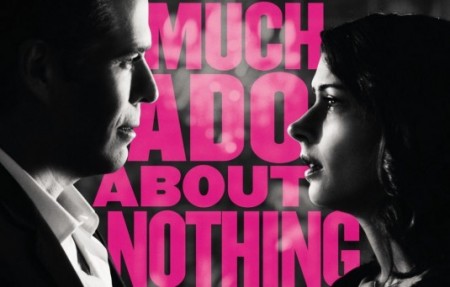
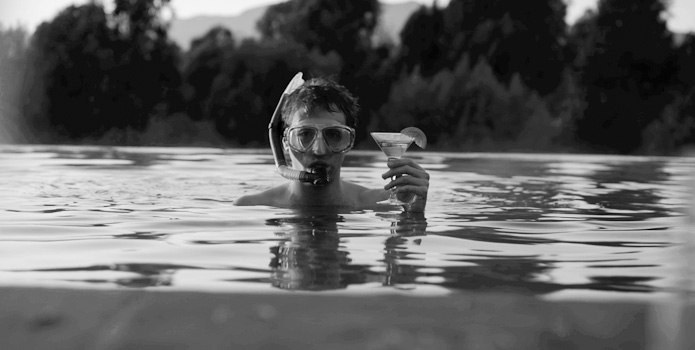
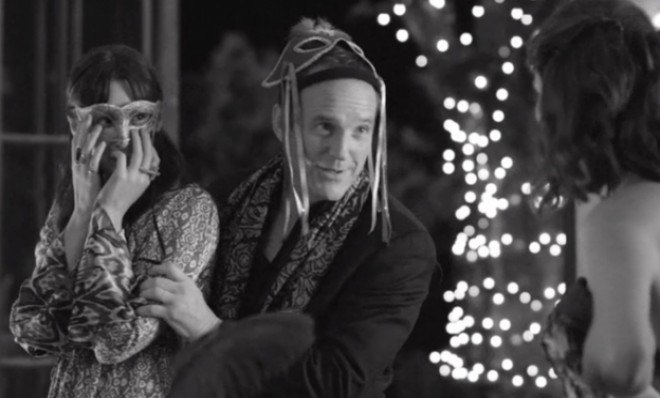


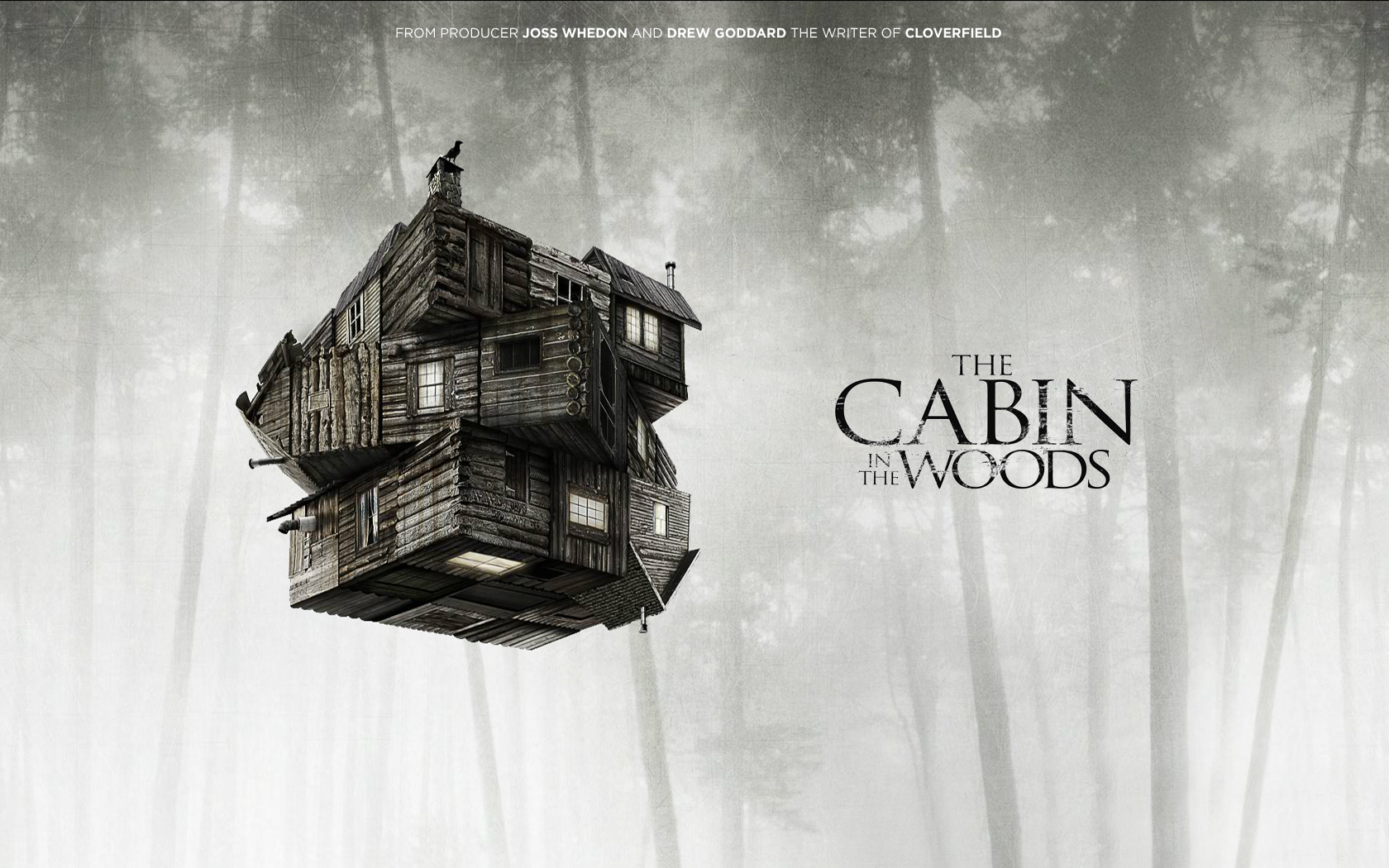
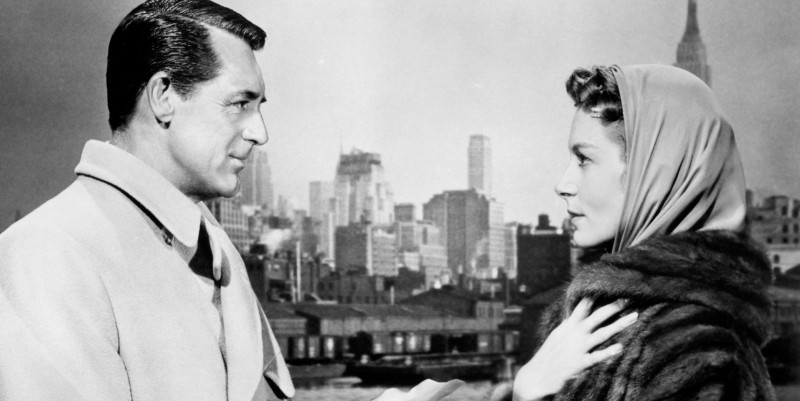

I loved this version of the play, Clark Gregg and Fran Kranz were my personal standouts.
Good Review!